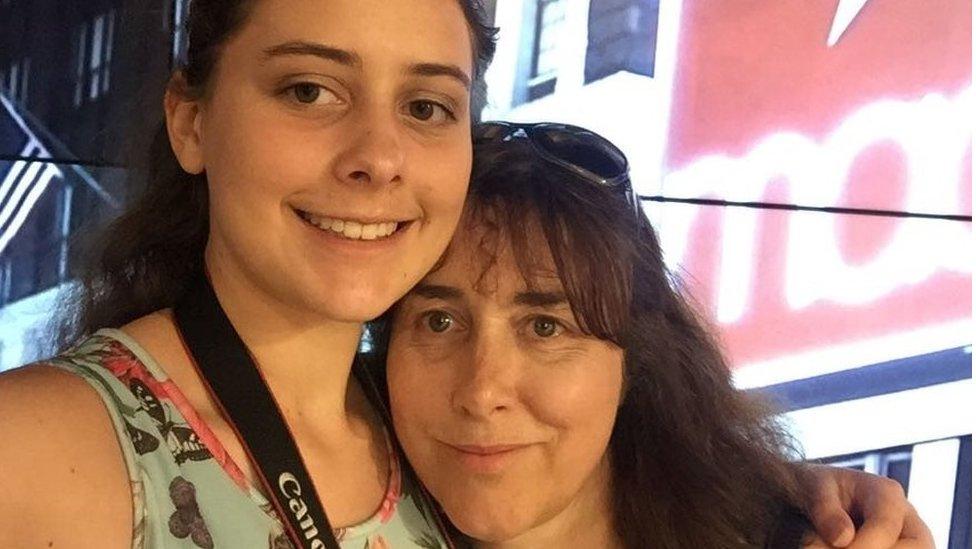'Severe PMS was so bad I had a hysterectomy'
- Published
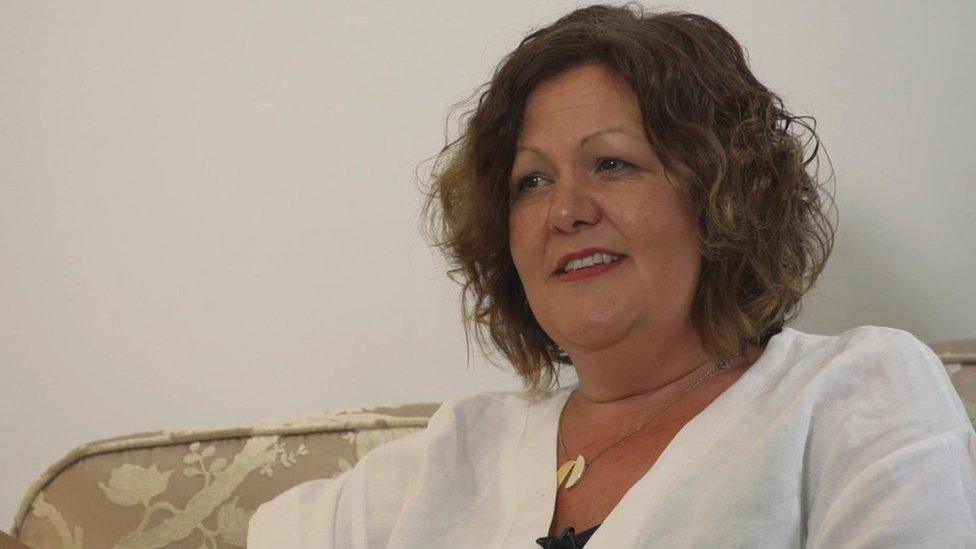
Sarah Williams has set up her own support group
When Sarah Williams' premenstrual dysphoric disorder (PMDD) got so bad, she opted to undergo a hysterectomy.
She has lived with the condition, which affects about 800,000 women in the UK, since she was a teenager.
Her fits of rage, depression and anxiety became so severe they ruined relationships and she even quit a job.
Now she has set up her own support group to help other women through the "isolation" of the chronic disorder.
The precise cause of the severe type of premenstrual syndrome (PMS) remains unknown but it causes distressing physical, behavioural and psychological symptoms in the days leading up to a period.
For Sarah Williams, 48, of Porthcawl, those symptoms became "unmanageable".
"It's spinning out; it's being out of control. It's unexplained aggression. Relationships break down. This is really serious," she told BBC Wales Live.
"A couple of outbursts happened on really important family occasions and absolutely broke my heart.
"The last time it happened, I went to my GP and said 'this has to stop - I need help'.
"I was so frightened of what was happening to me because there are elements of paranoia. The prospect of having another relationship ruined by this out of control behaviour was just devastating me."
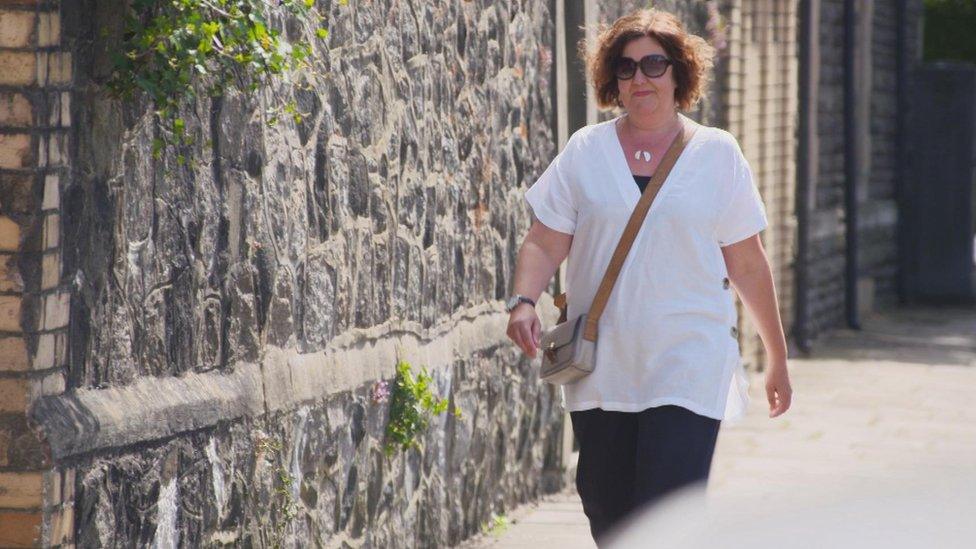
Sarah said her anxieties have gone since having her ovaries removed
Sarah always believed previous diagnoses of depression and anxiety were wrong and when she was asked to track her symptoms, it became clear they correlated with her menstrual cycle.
A series of injections stopped her periods and ovulation, and then, in November 2018, the mother of two grown up children took the decision to have a hysterectomy.
"It must be quite terrible for a younger person to make that choice so early on. It's a huge decision," she said.
However she is far from alone. The National Association for Pre-Menstrual Syndrome, external has said the chronic condition affects about 800,000 women in the UK.
Dr Richard Penketh, a consultant gynaecologist in Cardiff, said some of the most severe cases are in teenagers.
"One patient was a young lady whose mother realised her admissions to the psychiatric unit due to self-harm were cyclical," he recalled.
"We managed to switch off her periods and eventually resolve the problem and she's gone on very well to get through her A-Levels."
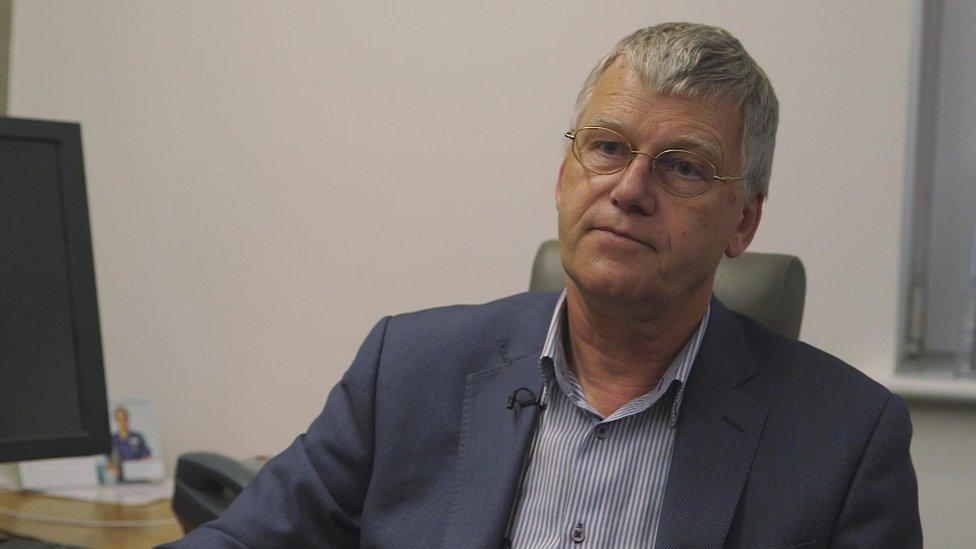
'We need to be more open within society about periods', said Dr Richard Penketh
He has called on the Welsh Government and authorities to "think hard" about educating young people about menstrual wellbeing.
The Welsh Government said it takes women's health "very seriously" and has established the Women's Health Implementation Group to inform policy on a range of women's pelvic health issues.
It said the new curriculum contains a "clear framework within which learners can explore these issues".
Now Sarah has set up her own 'PMDD Pod' for women in south Wales to share their experiences.
"I didn't know anybody else who was experiencing the same thing. Often that was extremely isolating and maybe exacerbating the symptoms as well," she said.
"There is an element of trauma, shame, humiliation linked to the behaviours that people might need a little bit of support to get through."
BBC Wales Live, is on 5 June, BBC One Wales at 22:30 BST
- Published9 March 2018

- Published27 January 2019

- Attribution
- Published21 May 2019
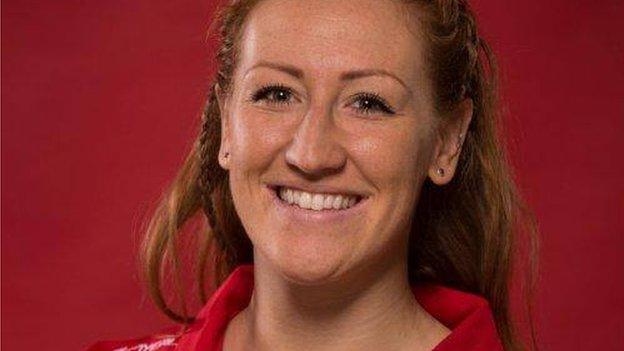
- Published15 November 2018
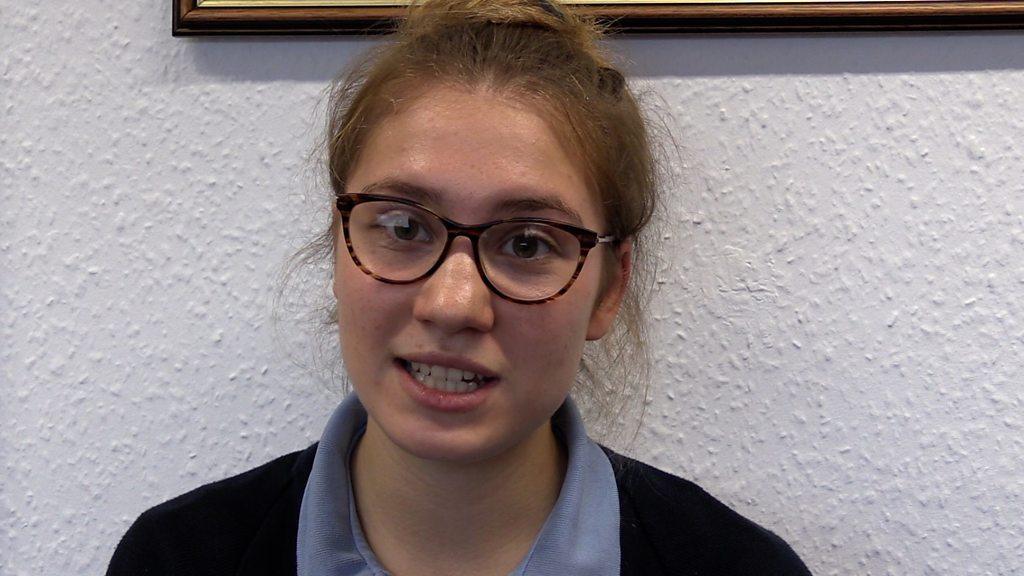
- Published8 March 2018
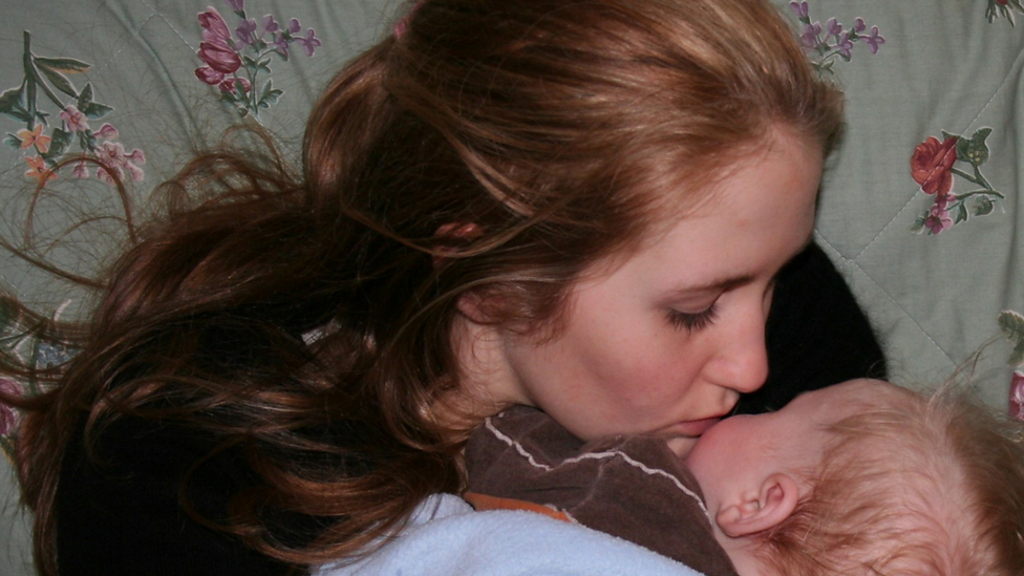
- Published9 October 2017
